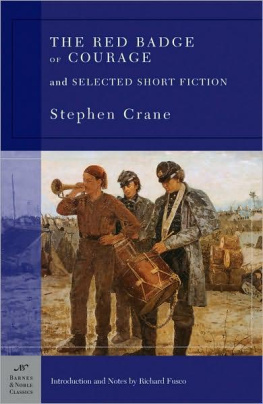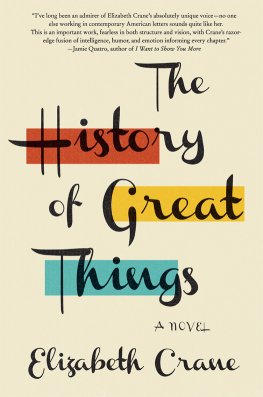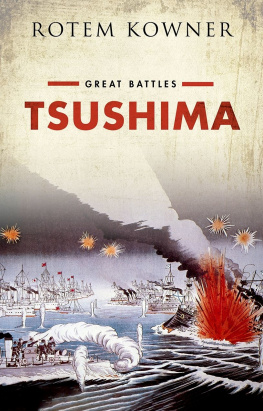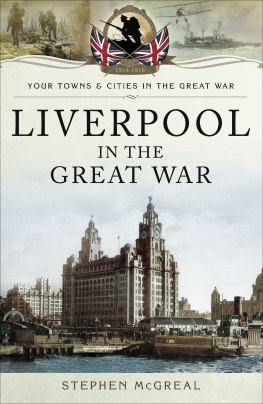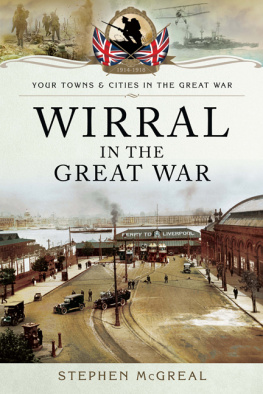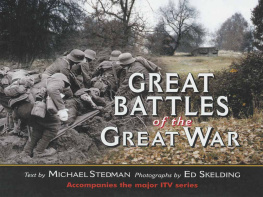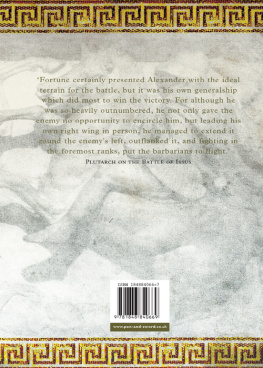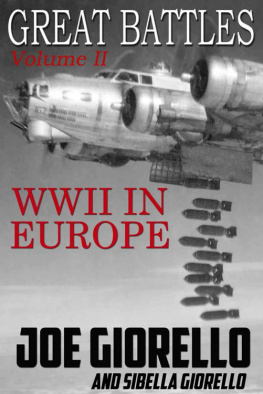The Great Battles Of The Great War
Stephen Crane
Contents:
Stephen Crane A Biographical Sketch
The Great Battles Of The Great War
I. The Heroic Defence Of Lige
II. The Occupation Of Brussels.
III. The Giant Conflict At Mons
Great Battles Of The Great War, S. Crane
Jazzybee Verlag Jrgen Beck
86450 Altenmnster, Loschberg 9
Germany
ISBN: 9783849645106
Edited and revised by Juergen Beck.
www.jazzybee-verlag.de
www.facebook.com/jazzybeeverlag
Stephen Crane A Biographical Sketch
By Thomas L. Raymond
Stephen Crane is a name which suggests a Newarker as strongly as any name can. One of the seven men who represented Newark in a boundary settlement, with some men from Elizabeth, on a hill out in Weequahic Park, was Jasper Crane, who was one of the founders of Newark, two hundred and fifty-five years ago, and whose farm came to the southwest corner of Broad and Market streets. One of his descendants, Stephen Crane, was a member of the Continental Congress and had four sons who were soldiers in the Revolution. From Jasper Crane and Stephen Crane was descended our Stephen Crane, who also won fame, but not the sort his ancestors had, for he won his in the world of letters, as a great artist of his craft.
His father, the Reverend Jonathan Townley Crane, D.D., was born in Connecticut Farms and later moved to Newark. He became a Methodist, his family had been Presbyterians, I fancy, until his generation, and was Pastor of the Central Methodist Church on Market Street, and later Presiding Elder of the Methodist Conference for Newark. His wife was Mary Helen Peck, and both were strong in intellect, writers, he of theology, she, after his death, for the "New York Tribune." It was in Newark, at 14 Mulberry Place, that Stephen Crane, whose memory we honor tonight, was born on November 1,1871. The simple red brick three-story house still stands there, a ghost of the dear old Newark of the seventies and eighties, when its streets were quiet and shady and its life serene. To realize that such a life as Crane's came from such a house and such surroundings requires some forcing of the imagination. He was the youngest of fourteen children, and it is evident that the family supply of theology and religious piety had run out before this last Crane was born, for he does not seem a likely heir of such ancestors. He was taken from Newark in 1874, when his father, in the itinerancy of his ministry, was called elsewhere.
The Cranes moved from Newark to Bloomington, which is across the Raritan River from Bound Brook, where they lived for two years. Stephen's brother Edmund tells some amusing stories of him in his early years. The boys, of whom there were seven in the family at this time, used to go down to the river to swim, taking Stevie with them. He says: "We often took Stevie bathing with us in the Raritan River about half a mile above the bridge. There was a smooth, sandy bar extending from the south bank across the river, very shallow near the shore and growing deeper toward the middle of the river. Stevie would wade in the shallows watched by one of us. Wading breast deep in water he would stretch out his arms and waving his hands, would achieve what he called 'fimming.' He started to 'fim' to 'Wee-wee' (Willie), my next older brother, who was farther out in the river. As the depth gradually increased the water came up to his chin, then to his mouth, and then to his eyes, but he kept steadily on, and I plucked him out, gasping but unscared, just as his yellow hair was going under. We boys were naturally delighted with his grit."
From Bloomington the family removed to Paterson and two years later to Port Jervis, where Stephen first went to school. He was eight years old before beginning school. Because of his delicate health he had not been sent to school before this and it seems his parents had not attempted to teach him in any formal way; but his mind was active and bright and he soon passed from class to class until he was studying in classes with children older than himself. In 1880 his father died and his mother took the family to Newark, where they lived for a short while in the Roseville section, then went to live again in Port Jervis. About two years later they removed to Asbury Park, where Townley Crane, an older brother, was in charge of a news bureau for the "New York Herald" and "Sun" and the "Philadelphia Press." Stephen attended school in Asbury Park, and in 1888 we find him reporting "Shore News" as an aid to his brother Townley. Mrs. Crane at this time was reporting the religious news of Ocean Grove. Townley's connection with the "Tribune" was terminated abruptly in the fall of 1888 through a very amusing incident. It seems that young Stephen reported a parade of a certain patriotic order in Asbury Park in the summer of 1892, but in his report of it, he gave full play to his sense of humor and "made a burlesque of the whole performance," ridiculing the marchers, their clothes, and the way they marched. The order was growing very strong in numbers and influence at this time, and the Republicans were anxious to obtain their votes for Harrison and Reid, who were that year running for President and Vice-President. The story Crane had written was approved by William J. Devereux, who was in charge of the news bureau because of Townley's absence, without careful reading. Thinking it of little importance, he sent it on and it duly appeared the next morning in print. It caused great indignation among the men of the order in the State of New York, and in fact everywhere, and since Whitelaw Reid was the editor of the "Tribune" and Republican candidate for Vice-President, it turned them against the ticket.
The state, the vote of which decided the election, was carried by Cleveland by about a thousand votes, and so it has been said that Crane made Cleveland President of the United States. This is Mr. Devereux's account of the incident, and it appeared contemporaneously, I believe, in the "Trenton Times." Others tell of a parade of labor men upon which Crane's comments were equally unwelcome, but in which he treated the subject from another point of view, that of the social psychologist, and we are left to choose between the two accounts. Both stories relate to the same incident, however, but Billy Devereux's is far more colorful.
The process of educating Stephen Crane was never completed in the academic sense. It is said that he went to Pennington Seminary, then to the Hudson River Institute at Claverack, New York, a military school, then to Lafayette College in 1890, where he remained but two terms, then to Syracuse University, which he left after one year, in 1891. Though endowed with a fine mind and a penetrating intelligence, he was a poor scholar; bad in his English, fond of going out of nights and smoking a pipe; not a hard worker; unreasonably often absent from his classes, a possible cause of the abrupt termination of his stay at Lafayette; but "a good fellow," considerate, gentle, though ready to use his fists in a good cause with effect when necessary; a baseball player, and a good one. Finally, we are told that while at college he spent what time he could in typesetting rooms of local newspapers, and that this very elementary stage in literature inspired him with the desire to write. One more item of interest about his college days: he read a great deal, but out of his courses, and into late hours of the night. This is the picture of Stephen Crane at school and college which I gather from the many sources of information placed in my hands. It is a probable picture, and his later life gives no contradiction to the truth of it. It is very interesting also. Genius cannot be harnessed; the school of genius is unorganized and undisciplined, and we cannot but feel that all through these years, no doubt vastly irksome to him, he had his eye on his goal, he knew what he was about; consciously or unconsciously he was fitting himself for his remarkable career.



